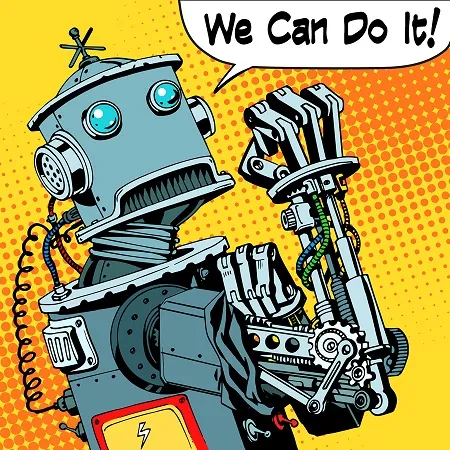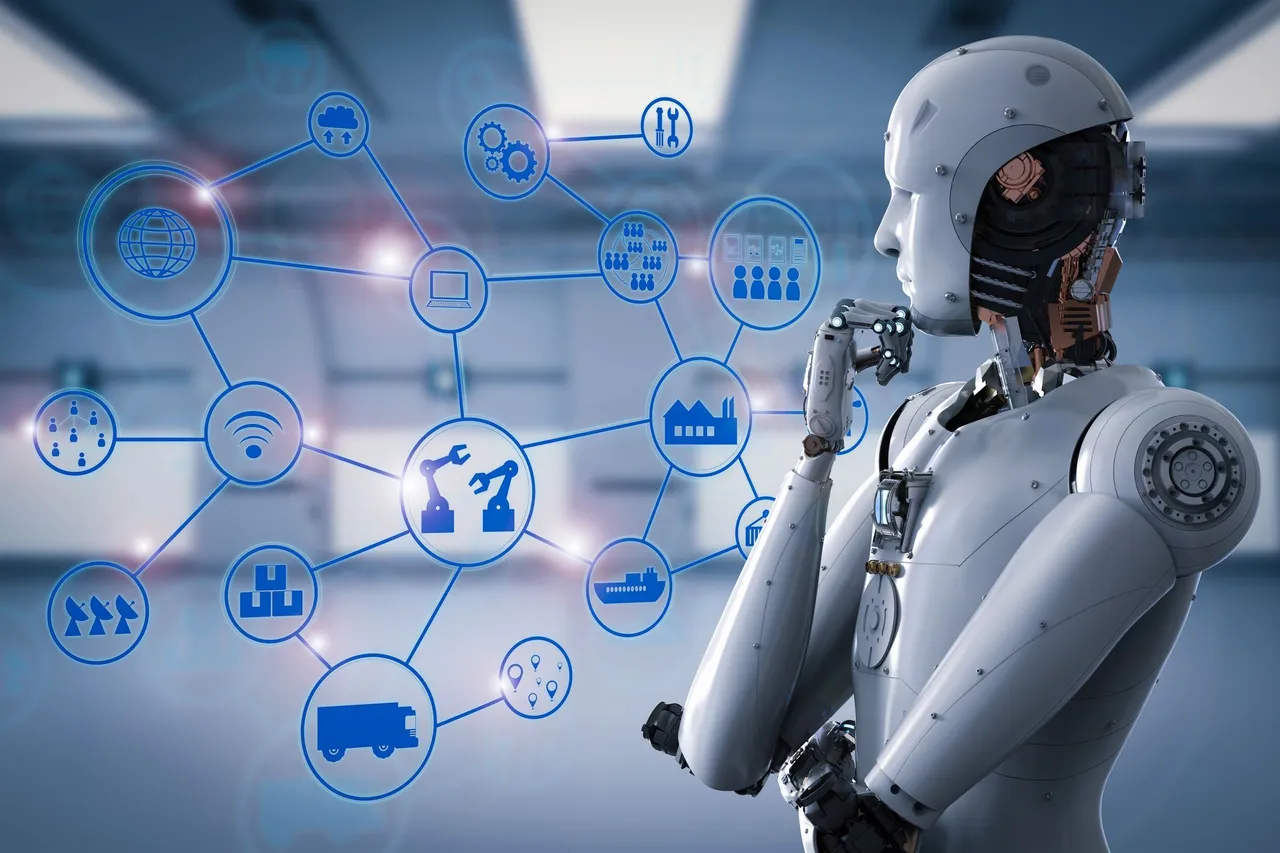
Increasing automation is replacing people with robots, who are much more efficient because machines don't need rest, take a vacation, and do not get sick. It creates a new problem, technological unemployment.
Technological unemployment is the big challenge in nowadays. Those who think that the new jobs will absorb the lost ones will be fooled. Two critical points in this statement:
Technology jobs do not require a lot of human labor force, an example of that is Foxconn, with automation, it laid off 60,000 employees and hired just 20 expert technicians to run the all the system.
The second point is that the automation process is at a much faster rate than the time it takes for an unemployed worker to learn a new technological profession. In other words, not only there will be no work for everyone, but the few places available will not be filled because of a shortage of skilled workers.
A study released by the Foundation for Young Australians (FYA), reported that 60% of young people are currently learning professions that will cease to exist in 10 years due to automation. Due to this huge gap that is forming, technology companies such as Google and Microsoft are pushing governments to introduce coding to children in elementary schools.
A big challenge indeed!
